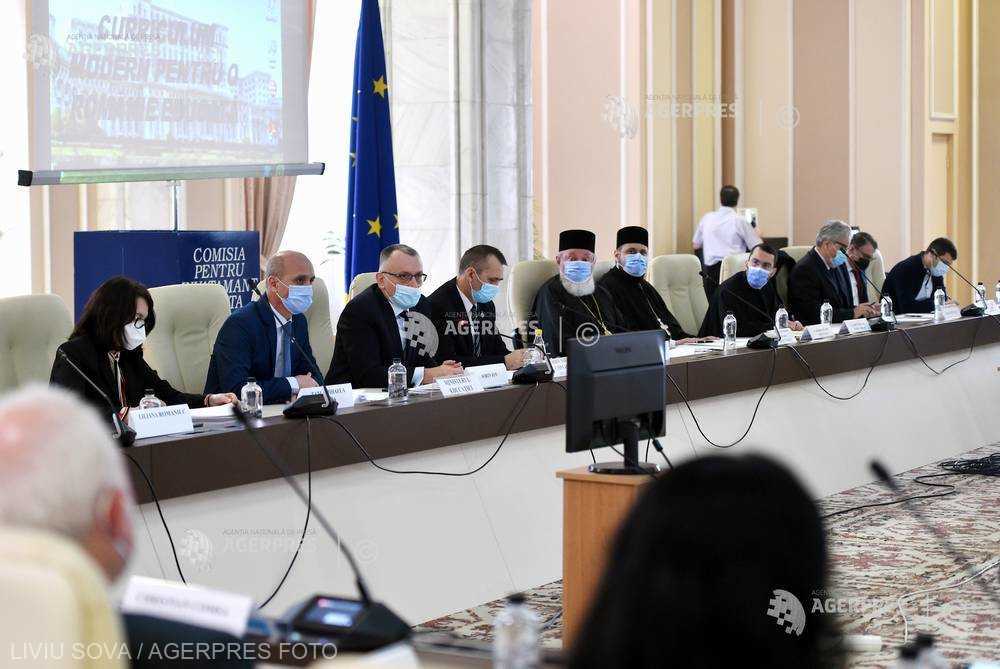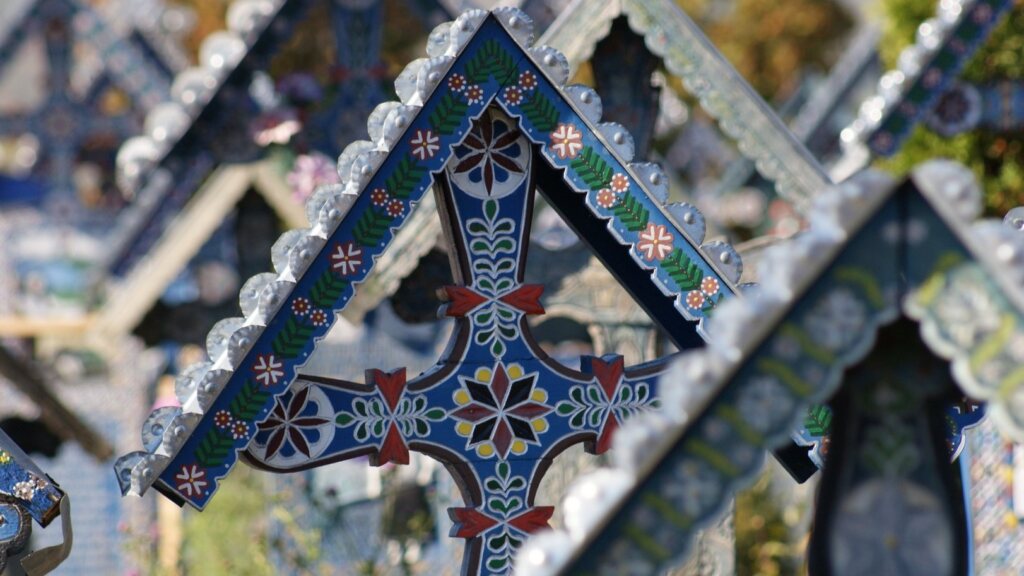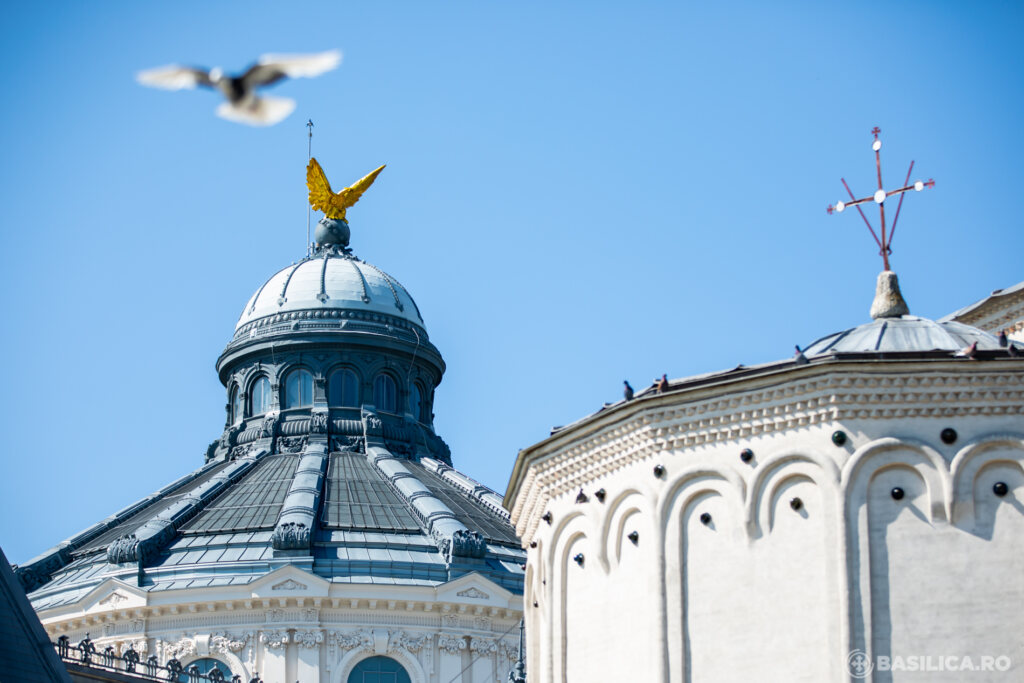The Romanian Patriarchate announced on Wednesday it stands for keeping the one-hour-per-week time budget of Religious Education in all high schools, regardless of their technological or theoretical profile.
His Grace Varlaam of Ploieşti transmitted the message in person at the Palace of Parliament, during a debate organized by the joint parliamentary committees for Education, science, youth and sports.
The hierarch was accompanied to the event by Fr. Nicuşor Beldiman, Patriarchal Coordinating Counselor, and Fr. George Jambore, Inspector at the Theological and Educational Sector of the Romanian Patriarchate.
“We consider that our request for keeping the weekly one-hour time budget should be supported for all three educational profiles. If time budget reductions are operated for the technological profile, we wish that Religious Education be treated just like the other humanities, since an act of discrimination may generate frustration,” said the Patriarchal Auxiliary Bishop at the debate.
He emphasized that “education is generally of the utmost interest for the Patriarchate and especially Religious Education.”
The event was organized as the 2021-2022 framework curriculum for highschools is being debated.
The proposed framework curriculum has kept the one-hour budget for the theoretical profile, but not for technological and professional high schools.
“There are three proposals for the technology profile and the Church favours the first, which estimates one full hour a week for Religious Education in this type of high schools,” explained Patriarchal Auxiliary Bishop Varlaam of Ploiești.
“The other two proposals reduce the time budget for this subject matter to half an hour a week. Other three proposals have been made for high schools in the professional profile. Unfortunately, all three provide either a reduction or an elimination of Religious Education.”
“We consider that we need to find solutions to keep a one-hour class for all educational profiles, taking into account the importance of this subject matter in training youth for modern society, which needs not only technology, but also culture and spirituality. From this perspective, this subject matter is irreplaceable,” added the Patriarchal Auxiliary Bishop.
Religious Education is more than just religion
His Grace Varlaam of Ploiești emphasized once more the importance of Religion as part of the core curriculum so that its weekly time budget be correlated with the other subject matters of the framework curricula designed for primary, secondary and professional education.
The hierarch brought more arguments for his affirmations. His Grace mentioned that, according to Art. 32, Para 7 of Romania’s Constitution, youth and children have the constitutional right to Religious Education.
The Patriarchal Auxiliary Bishop also mentioned Law no 489/2006 for Religious Freedom and the General Regimen of Religious Denominations in Romania, which provides that Religious Education in public and private educational institutions is ensured by law for the recognized religious denominations (Art. 32, Para 1).
His Grace added that the Law of National Education (no 1/2011) states that Framework curricula for primary, secondary and professional education include Religious Education as a subject matter which is part of the core curriculum. Students who belong to state-recognized religious denominations have the constitutional right to participate in Religious Education classes organized according to their faith regardless of their number (Art. 18, Para 1).
Religion is the only study subject validated by almost all the parents of Romania, reminded the hierarch: more than 93% expressed in writing their wish that children participate in Religious Education classes.
His Grace explained that teaching Religious Education has deep implications through its formative influence on children and youth.
The Religious Education class combats the negative consequences of today’s crisis of identity and guidance, said His Grace, as it proposes viable models of goodness, sanctity and human coexistence.
Framework curricula
According to the Ministry of Education, the framework curricula were designed by working groups made of ministry experts and experts from the National Centre for Educational Evaluation and Assessment, researchers from the Institute of Educational Sciences and prestigious teaching staff.
The framework curricula for the technology and professional education profiles were designed by experts from the National Centre for the Development of Professional and Technological Education, the National Authority for Qualifications, and representative entities from the private sector and civil society.
Photo courtesy of Agerpres






